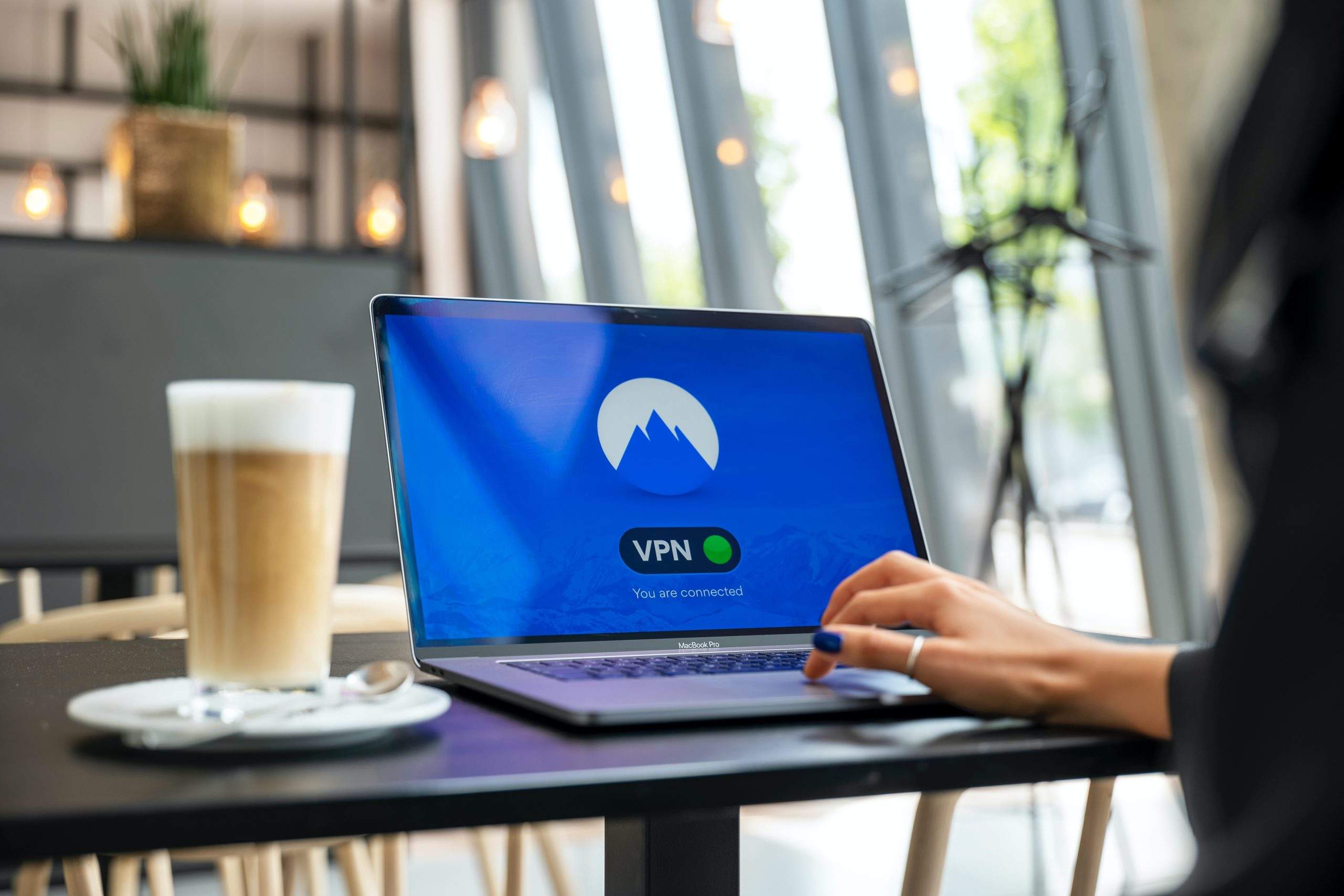
Are VPNs Legal
In the digital age, privacy, and security have become increasingly important concerns for internet users. Virtual Private Networks (VPNs) have emerged as one of the most popular solutions for individuals and businesses seeking to protect their online activities. However, many people are still unsure about the legality of VPNs. In this article, we will explore the legal status of VPNs.

What is a VPN?
A VPN is a service that allows users to connect to the internet through a private network that is encrypted and secure. When a user connects to a VPN server, their internet traffic is routed through an encrypted tunnel, which makes it difficult for third parties to intercept or monitor their online activities. This provides users with greater privacy and security when browsing the internet or using online services.
Is VPNs Legal?
The short answer is that VPNs are generally legal in most countries. In many cases, the use of VPNs is not regulated, and there are no laws prohibiting their use. However, the legality of VPNs can vary from country to country, and users should be aware of the laws in their jurisdiction.
Some countries have banned the use of VPNs altogether. For example, countries such as China, Iran, and Russia have strict internet censorship laws and have banned the use of VPNs. In these countries, individuals and businesses can face fines or even imprisonment for using a VPN.
In other countries, the use of VPNs is legal but regulated. For example, in countries such as the United States and Canada, VPNs are legal to use, but there are regulations around their use. For example, some VPN providers may be required to comply with data retention laws, which require them to retain user data for a certain period.
Benefits of Using a VPN
There are many reasons why individuals and businesses choose to use VPNs. Some of the main benefits of using a VPN include:
- Privacy: VPNs can help protect users’ privacy by encrypting their internet traffic and masking their IP addresses.
- Security: VPNs provide an extra layer of security by encrypting users’ internet traffic and protecting them from hackers and other malicious actors.
- Access to Blocked Content: VPNs can help users access blocked content by allowing them to bypass internet censorship and geo-restrictions.
- Remote Access: VPNs can enable remote workers to securely access company resources and data from anywhere in the world.
Choosing the Right VPN Provider
If you’re considering using a VPN, it’s important to choose the right VPN provider. Here are some factors to consider when selecting a VPN provider:
- Security: Look for a VPN provider that uses strong encryption and has a no-logs policy to protect your privacy.
- Speed: Choose a VPN provider that offers fast and reliable connections, so your internet speed isn’t slowed down.
- Server Locations: Choose a VPN provider with servers in locations that are important to you, such as the country where you want to access the content.
- Price: Consider the cost of the VPN service and whether it fits within your budget.
- Compatibility: Make sure the VPN provider you choose is compatible with the devices and operating systems you use.
In conclusion, VPNs are generally legal in most countries, but their legality can vary from country to country. VPNs offer many benefits, including privacy, security, and access to blocked content. When choosing a VPN provider, it’s important to consider factors such as security, speed, server locations, price, and compatibility. By selecting the right VPN provider, you can protect your privacy and secure your online activities.



